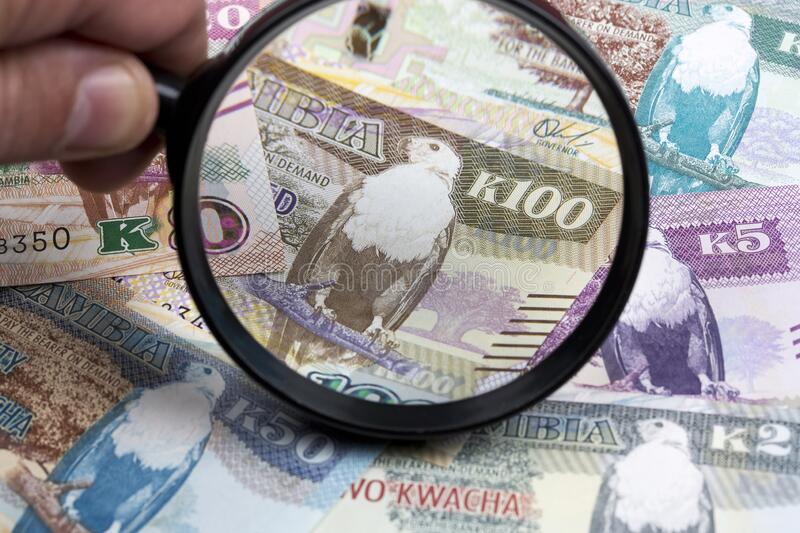Kwacha Rise Yet to Spur Growth Among Zambian Startups

The Zambian government has demonstrated it possesses the political will to transform the economic fortunes of the country. While some of Africa’s heavyweights including South Africa, Nigeria, Ghana and Kenya have struggled with rising inflation, Zambia has sustained its currency growth. The Zambian kwacha is the world’s best performing currency in the world against the US dollar, rallying over 15% this year as inflation also fell from 21% to 9.9%. In all of these monetary strides, what do we expect from Zambian Startups?
Zambia has a sleeping system, characterized with an inactive service and construction industry and agriculture that needs intravenous feeding from the government. A strong Kwacha is a just a numbers game and Zambians will want to see this strength translate in ease in carrying out normal economic and social activities; just like what startups provide. We all understand that a strong local currency can accelerate investment, but we want that already.
The global ranking for the Zambia Startup Ecosystem is 109, and it has improved 1 spots since 2021. In Southern Africa, Zambia is ranked third for startups. There is 1 city in Zambia among the top 1,000, with Lusaka coming in at number 734 globally. There is a sample of 10 firms from Zambia on the StartupBlink Global Startup Ecosystem Map, however there are no accelerators or coworking spaces in the country.
A strong local currency would benefit startups who rely on international sourcing because it lowers the cost of imports. However, this does not replace government’s purposeful actions that are required to establish a larger tech ecosystem in Zambia. The Zambia Technology Sector Working Group is reportedly actively collaborating with Zambia’s government to transform the southern African nation into a regional startup hotspot. This strategy will be modeled after other developing countries with strong startup ecosystem.
The group wants to ensure that tech entrepreneurs are welcomed, recognized, and supported” by working with various government departments. It aims to turn Zambia into a testing ground for innovative technologies while tackling widespread problems like immigration laws and business license requirements.
Despite efforts to enact regulations that are conducive to entrepreneurs and international support, Zambian founders have faced substantial obstacles before and after launch. Mr. Mlambo, who was a pioneer in Zambia’s ecosystem, claims that there was essentially no entrepreneurship when he came in 2015. The co-founder and director of entrepreneurship at BongoHive, Zambia’s first innovation hub in Lusaka, Simunza Muyangana also agrees to this claiming that entrepreneurs frequently have to leave the nation to secure early stage funding.
Despite Zambia’s insufficiencies per startup, the country is pushing to implement tech-friendly regulation. Policies like ‘no capital controls’ makes it fairly easy for startups, particularly in Fintechs. Hopefully, the signaling effects of these policies will be visible and effective over time, we just hope it is not very far. But as far as currency valuations are concerned, there could be a longer-term positive impact on the economy, which will in turn affect Zambian startups.
